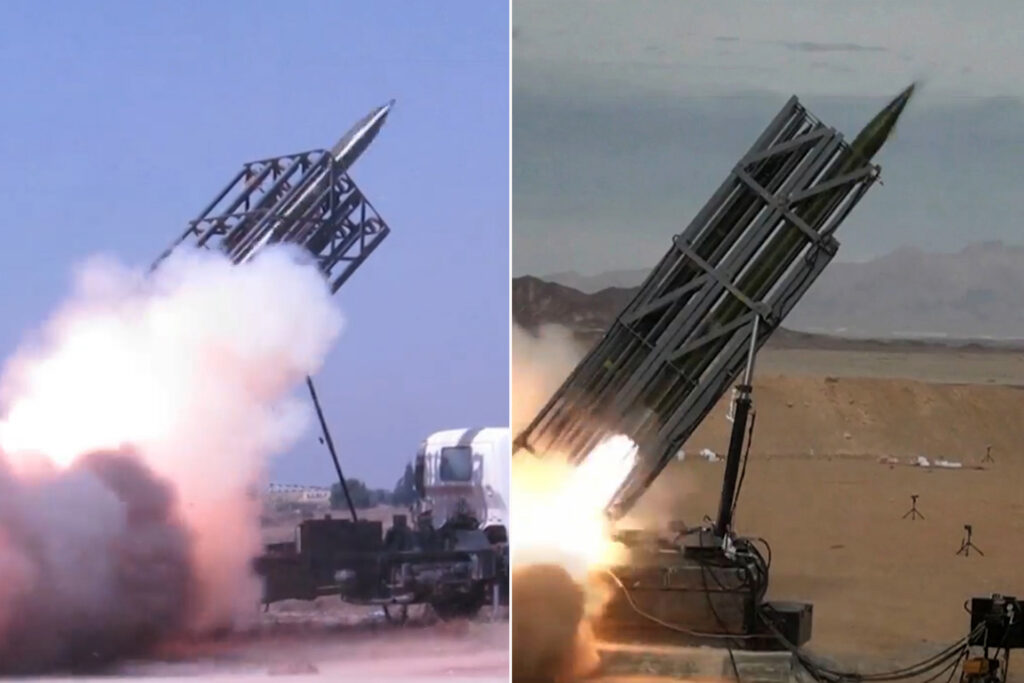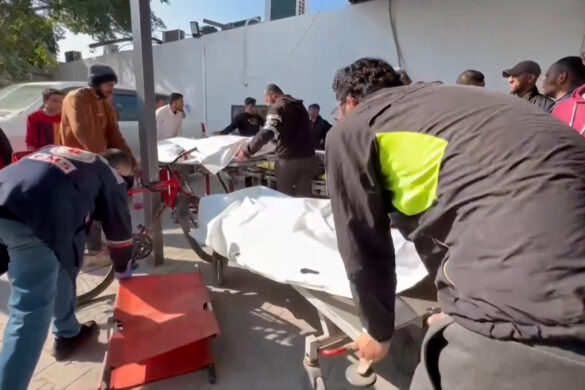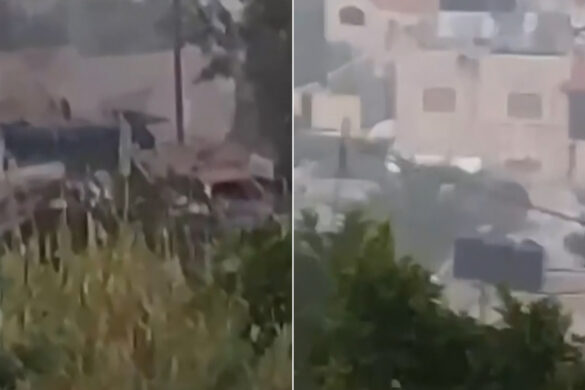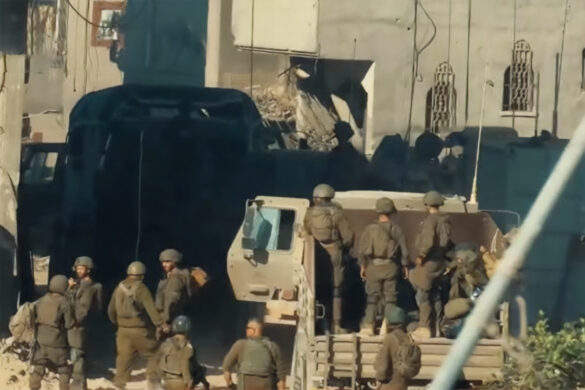The military and strategic expert, retired Major General Fayez Al-Duwairi, said that Hezbollah is still capable of managing the defensive battle effectively and powerfully, despite the Israeli strikes that harmed the human dimension, but did not undermine its combat capabilities.
Al-Duwairi explained – during his analysis of the military scene in Lebanon – that Hezbollah today directed 5 large missile barrages despite the intense Israeli air campaign and the assassinations that targeted prominent military leaders, including Fouad Shukr and Ibrahim Aqeel, and the bombings of pagers and walkie-talkies.
According to the strategic expert, fighting organizations that are waging an asymmetric war with a regular army that possesses great capabilities “have in mind that they will be exposed to painful strikes that may abort their combat power if they turn to the traditional approach.”
Accordingly, there are fixed instructions to the fighters that at some point communications may be lost and the chain of command may be hit through focused assassinations, “but this does not mean the collapse of the combat force, as planning is centralized but implementation is decentralized,” according to the spokesman.
The military expert touched on the combat capabilities possessed by Hezbollah, most notably the missile capability due to its impact on Israel, in addition to the artillery, marches, and field forces deployed in the south, central Bekaa, and Hermel, in addition to the Radwan Force, which was designed to carry out operations inside occupied Palestine.
Hezbollah’s missile force ranges between 100,000 and 200,000 missiles, 80% of which are unguided – according to Al-Duwairi – who said that the party has not yet used medium- and long-range missiles.
On the other hand, Israeli Prime Minister Benjamin Netanyahu considers what he has achieved – so far – in terms of pre-emptive strikes, extensive assassinations, and explosions of communications and radio equipment “military achievements that may disappear if he enters into a ground war,” according to Al-Duwairi.
The military expert adds that Hezbollah – 18 years after the 2006 war – has a large presence in southern Lebanon, and has succeeded in adapting the geographical nature to serve its defense plan, noting that it is focused on controlling combat nodes in addition to its target bank.
He concluded that the entry of the Israeli occupation army into southern Lebanon “will not be a summer picnic,” pointing out that Israel’s strikes have targeted Hezbollah’s capabilities and its incubating environment, so far, “so the party is walking on a tightrope between maintaining the balance of deterrence and not being drawn into a ground war.”




